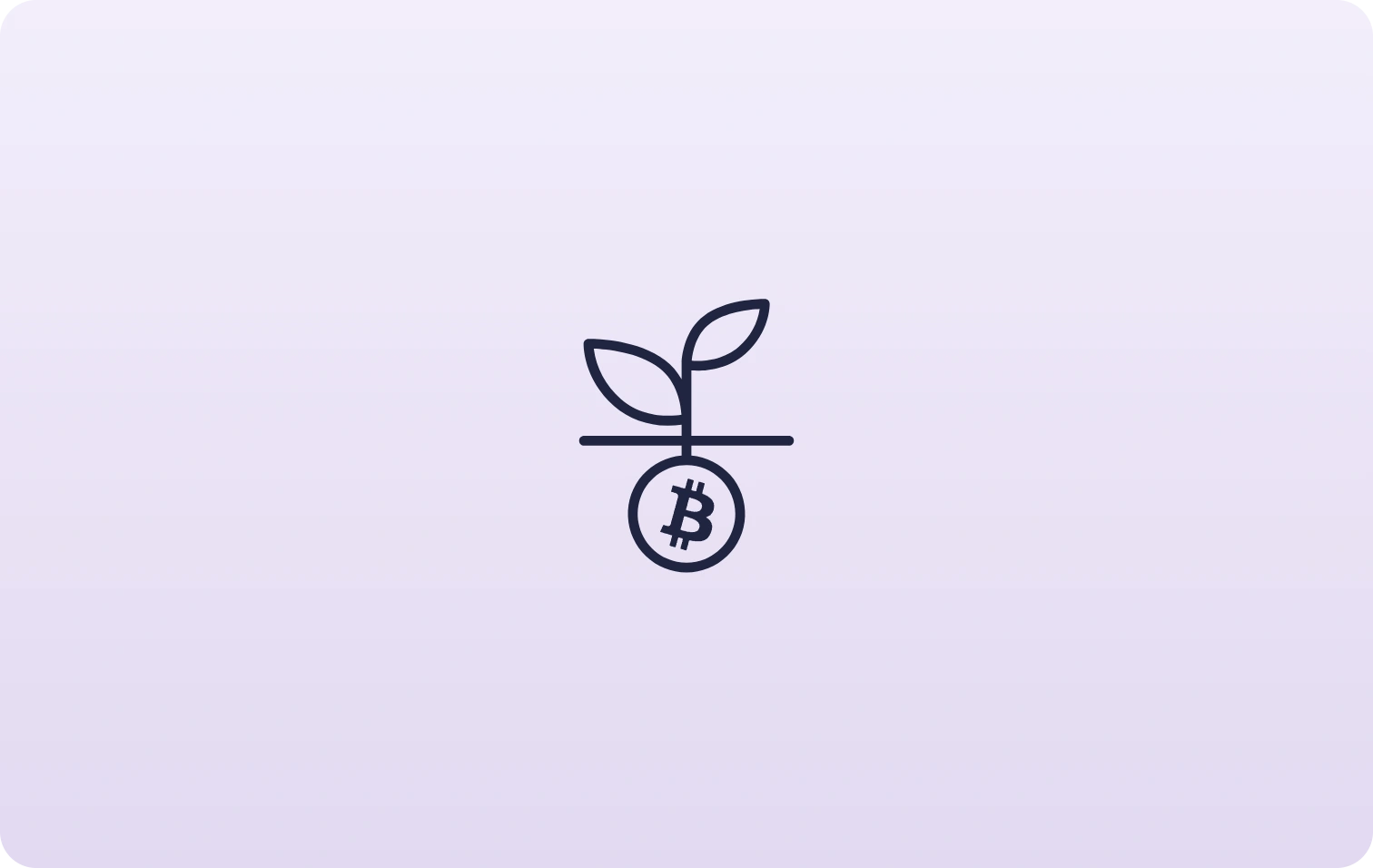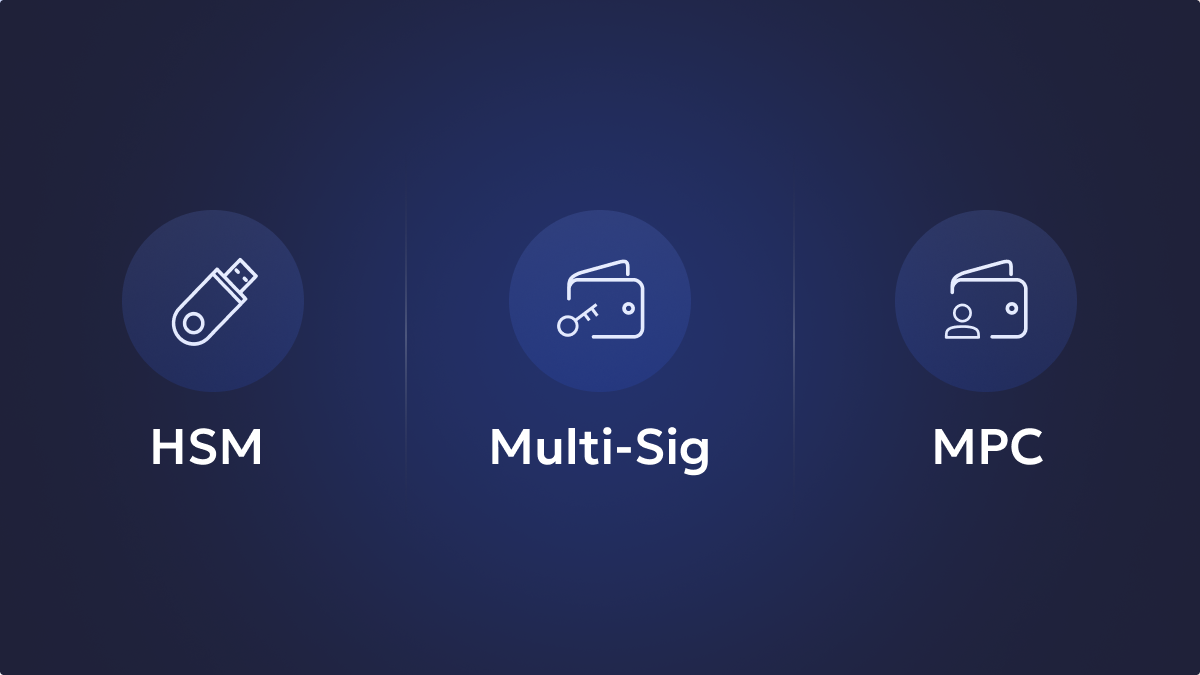DeFi yield farming has emerged as an increasingly favoured method of generating passive income through cryptocurrencies in the web3 ecosystem. What is yield farming? Yield crypto farming encompasses the practice of lending cryptocurrency, predominantly on the Ethereum network.
In traditional banking systems, debts are extended with fiat money, and the borrowed amount is repaid with interest. Similarly, in yield farming crypto, the principle remains unchanged. Instead of leaving cryptocurrency idle in an exchange or wallet, it is lent out through Decentralized finance protocols or locked into Ethereum smart contracts, aiming to yield a return on the invested crypto assets.
Key Takeaways:
- Yield farming enables users to deposit and lock their crypto assets for a predefined duration to earn rewards in the long term.
- EVM-based smart contracts actively manage the yield farming protocol.
- The interest rate varies from a few percentage points to triple digits. In 2022, yield farming protocols offered APYs of up to 3,000%.
Unlock the potential of digital assets for your institution
What is yield farming? Explained! !
Yield farming is a method of earning rewards by depositing and locking up your cryptocurrency or digital assets in a decentralized application (DApp). This practice is very similar to the interest earned on assets when deposited in a traditional financial institution. However, unlike the traditional financial system, where dominant institutions tend to claim the majority share of rewards, DeFi projects are compelled to compete with one another. It results in a comparatively smaller allocation of rewards for the DeFi platforms, and a larger chuck is allocated to the yield farmers. As a result, yield crypto farming creates a more competitive and distributed landscape for earning rewards in the decentralized finance space.
How does decentralized finance crypto farming work?
Yield farming initiatives enable crypto holders to store and lock their cryptocurrency tokens for a specific duration and earn recurring rewards in return. These decentralized finance projects utilize smart contracts to secure and distribute interest rates that range from modest percentages to substantial multiple-digit figures. In numerous instances, the locked crypto tokens are lent out to other users, who, in turn, pay interest on their crypto loans, with a portion of the proceeds benefiting the respective liquidity providers. Alternatively, the locked crypto tokens are vital in providing liquidity for decentralized exchanges to facilitate trading activities. These decentralized exchanges often employ automated market makers that require locked tokens to fulfil buy and sell orders. As a result, yield farmers generate passive income through transaction fees. Apart from trading fees, users frequently receive other incentives for providing liquidity, such as governance tokens and newly minted tokens. Prominent DeFi platforms like Uniswap (UNI) offer users the opportunity to yield farm various types of tokens across different blockchains, including Ethereum, Bitcoin, and Polygon. UNI employs a unique algorithm that adjusts prices only when the loss is smaller than the profit, allowing for more liquidity creation compared to typical platforms.
General types of yield farming:
Type 1: Supplying liquidity Providing liquidity entails depositing equivalent quantities of two cryptocurrencies into a liquidity protocol. All liquidity providers (LPs) with the same combination of assets contribute to a shared pool. Whenever a transaction occurs between the two cryptocurrencies, liquidity providers receive a portion of the trading fees generated by the platform. This distribution of fees serves as a reward for liquidity providers participating in the liquidity provision process.
Secure and manage your digital assets with Liminal
Type 2: Enabling Staking Staking refers to the act of storing and locking up a specific quantity of coins within a blockchain to contribute to the security and functionality of the network. Users who engage in staking their crypto tokens are typically offered additional coins as a form of motivation. These rewards can originate from transaction fees, inflationary mechanisms, or other predetermined sources established by the underlying protocol. An illustration of this can be observed in the Ethereum network, which operates on a Proof of Stake consensus mechanism, utilizing staked funds to safeguard the network.
Type 3: Supporting Lending Decentralized finance further enables individuals and projects to access cryptocurrency loans from a pool of lenders. Users have the opportunity to provide loans to borrowers through lending protocols, thereby earning interest in exchange for their participation. This arrangement facilitates a mutually beneficial relationship where borrowers can access the funds they need while lenders generate passive income through interest accrual.
How to calculate yield farming returns?
The return calculations across platforms will differ based on various parameters. In certain instances, the pool creator has the authority to manually determine and adjust the annual percentage rate (APR) or annual percentage yield (APY) at their discretion. Alternatively, the protocol itself utilizes smart contracts to establish and modify the APR. Notably, certain protocols like Yearn Finance evaluate APRs from different yield farming platforms and allocate tokens to the pool offering the highest APR. Additionally, liquidity providers often earn tokens through transaction fees, resulting in pools with higher trading volumes offering greater rewards.
How to earn with Defi?
Improved Liquidity Prospective crypto-holders often question which yield farming strategies are the most profitable and efficient. The answer primarily depends on the level of asset and time commitment one is willing to dedicate to yeild farming crypto. While certain high-risk strategies may offer substantial returns, they typically require a comprehensive grasp of decentralized finance platforms, protocols, and intricate investment chains to yield optimal results. For investors seeking passive income without significant investments, a viable option is to allocate some of their crypto-holdings into a trusted platform or liquidity pool and monitor its earnings. Once a solid foundation is established and confidence is gained, expanding investments to other avenues or directly purchasing tokens becomes a possibility. Similar to any digital asset investment, the outcomes are directly influenced by the level of effort and resources invested. It is crucial to thoroughly understand the underlying architecture, protocols and platforms involved before making any investment decisions. Additionally, you must ensure that the devised strategy aligns with the available crypto-currency and time commitment for yeild farming. Yield crypto farming entails a high-risk, high-reward investment strategy where potential gains can be significant, but losses can occur just as swiftly. If you’re considering venturing into yield farming, compiling a yield farming crypto list that highlights the highest yield farming rates and associated risks for each protocol serves as an excellent initial step. This list will provide valuable insights into potential returns and the potential challenges or vulnerabilities associated with each protocol, assisting you in making informed decisions and managing risks effectively.
A comprehensive list of the best platforms for yeild farming:
To maximize returns on their staked funds, yield farmers frequently leverage a diverse range of decentralized finance platforms. These platforms provide a multitude of incentivized lending and borrowing options through liquidity pools. It allows farmers to explore different strategies and opportunities. By strategically utilizing various platforms, yield farmers can enhance their overall yield and make the most of their invested funds.
Top 1: Uniswap Uniswap is a decentralized exchange (DEX) and automated market maker (AMM) that offers crypto holders the ability to swap nearly any ERC20 token pair directly without the involvement of intermediaries.
Top 2: AAVE Aave is an open-source, non-custodial decentralized lending and borrowing protocol that facilitates the creation of money markets. Through this protocol, you can borrow assets while earning compound interest by participating in lending activities.
Top 3: Instadapp Instadapp allows you to effectively manage and construct DeFi portfolios, while developers can leverage the platform to build robust DeFi infrastructure.
Top 4: SushiSwap SushiSwap is a fork of Uniswap. It offers a range of services, including multi-chain automated market maker (AMM) functionality, lending and leverage markets, on-chain mini Dapps, and a launchpad for new projects.
Conclusion
Yield farming holds significance within the dynamic Decentralized finance ecosystem and actively fosters the growth of novel decentralized financial services. Participants in yeild farming crypto, by offering liquidity to decentralized platforms, play a crucial role in enhancing the overall liquidity and effectiveness of the DeFi market. Moreover, it empowers individuals to earn rewards in the form of cryptocurrencies for their active engagement. Furthermore, yield farming promotes financial inclusivity by enabling anyone with an internet connection and cryptocurrency to partake in the revolutionary DeFi movement. It presents an alternative to conventional financial systems, granting individuals greater autonomy over their funds and the opportunity to generate passive income. Through yield Crypto Farming, individuals can actively shape and benefit from the decentralized and accessible nature of the DeFi landscape.






